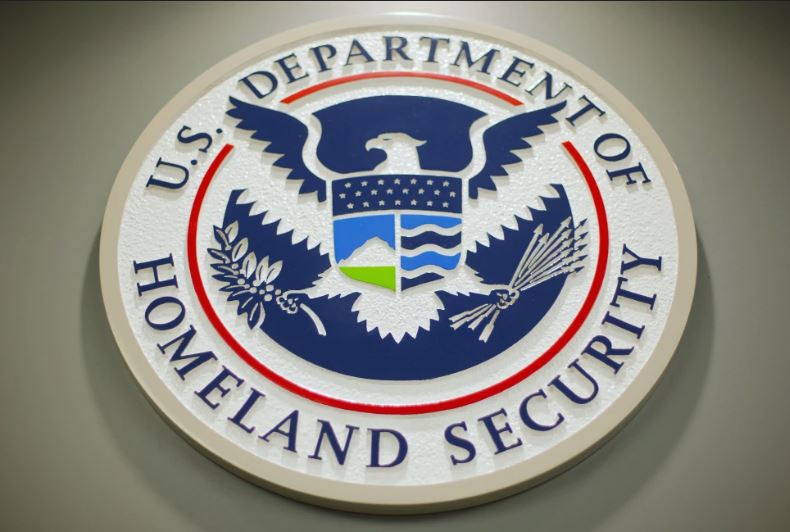The Caribbean Development Bank’s top economist appeared to signal an impending depression is likely for the region as the global health crisis drags on.
From an increase in poverty and unemployment, to high national debt levels and low productivity are some of the far-reaching impacts from the COVID-19 pandemic facing Barbados and its neighbours, said the CDB’s director of economics Justin Ram.
In his assessment of the pandemic, Ram said it would have sweeping economic implications for individuals, businesses and countries as various industries grind to a halt or slow down and people lose jobs and governments spend more.
Calling on international financial institutions – including his own – to act to defend regional economies, the CDB official said the multilateral financial institutions such as the International Monetary Fund, the World Bank and the Inter-American Development Bank and Caribbean Development Bank must play “a coordinated and significant role”.
“Bilateral partnerships will also be necessary,” he said.
He explained that with social distancing taking place globally, Caribbean goods and services supply chains will be affected significantly.
Ram said: “We have already begun to see the effects of this on the wider tourism industry, including the airline industry, cruise ship industry, hospitality industry and commodity sectors, the main industries and sectors of Caribbean economies.
“There will also be spillover effects on the retail and wholesale industries and eventually all other sectors of the economy.
“The impacts on the financial sector will need to be monitored closely as the percentage of loans that are non-performing could increase and capital requirements could also be strained.
“Government fiscal accounts will also be stressed as fiscal deficits expand due to a reduction in tax revenues and the necessary expansion of expenditure to fight the health pandemic and provide fiscal support for the economy.
“Therefore, debt levels as a percent of GDP will increase. These macro stresses will lead to higher levels of unemployment and higher levels of poverty and other social deprivations.”
Government has already announced a stimulus package to assist those most affected by the pandemic, anchored against the shoring up of critical foreign exchange to well over 15 weeks of import cover.
At the same time, financial institutions have stepped up to provide some level of comfort to affected individuals and businesses as they give an ease on their loan and mortgage payments for specified periods.
Besides the disruption to supply chains, Ram is expecting productivity in countries practicing social distancing to be “severely undercut as large swath of the labour force are at home and not fully engaged in productive activity”.
He added: “Even in cases where working from home is an option, the closing of schools means that parents who work from home would have to split their normal working time with parenting duties.
“Therefore, both aggregate demand and eventually aggregate supply in the economy will shift inward leading to overall output reduction and a change in the overall price level.
“This means that there would be a natural trade-off between economic activity and the preservation of life and the minimization of infection rates. There could be a sharp contraction of the economy because of social distancing and virus containment.
“The depth and length of the economic contraction would depend on how long containment must last and how long it would take to keep the virus at bay …
“It will also depend on the economic policies that are implemented during the social distancing phase of containment, and the economic stimulus provided after containment.”
He warned that the monitoring of foreign reserves was critical, adding that sufficient foreign exchange reserves should be the anchor against which any economic support that government might attempt to implement during and after the crisis.
Ram explained: “Policymakers will have to respond in two phases. The first phase is during the containment period of social distancing, to keep their economies ‘above water’, and the second phase is after the health pandemic has subsided, to help kick start growth, with a particular focus on managing the demand and supply of foreign exchange reserves.”
He added that support during phase one should go to the health system, social system, labour market and the private sector, while ensuring fiscal and financial prudence.
With the expectation that many businesses would close during the pandemic, some lives loss, individuals left unemployed and economies left scared, Ram said in the resuscitation phase, Caribbean governments should focus on “building back better”.
He said countries had a responsibility and an opportunity to “implement structural adjustments that would boost economic resilience particularly to exogenous shocks, such as a global economic shock, a natural event shock, global pandemics like COVID-19, and domestic epidemics”.
The CDB economics chief said: “As we consider phase two, we must think about it as a ‘Marshall Plan’ for the Caribbean.
This plan would require significant technical assistance support for the necessary policy interventions, and significant financial resources.
“However, the mantra for our countries must be resilience,” said Ram. (Barbados TODAY)




